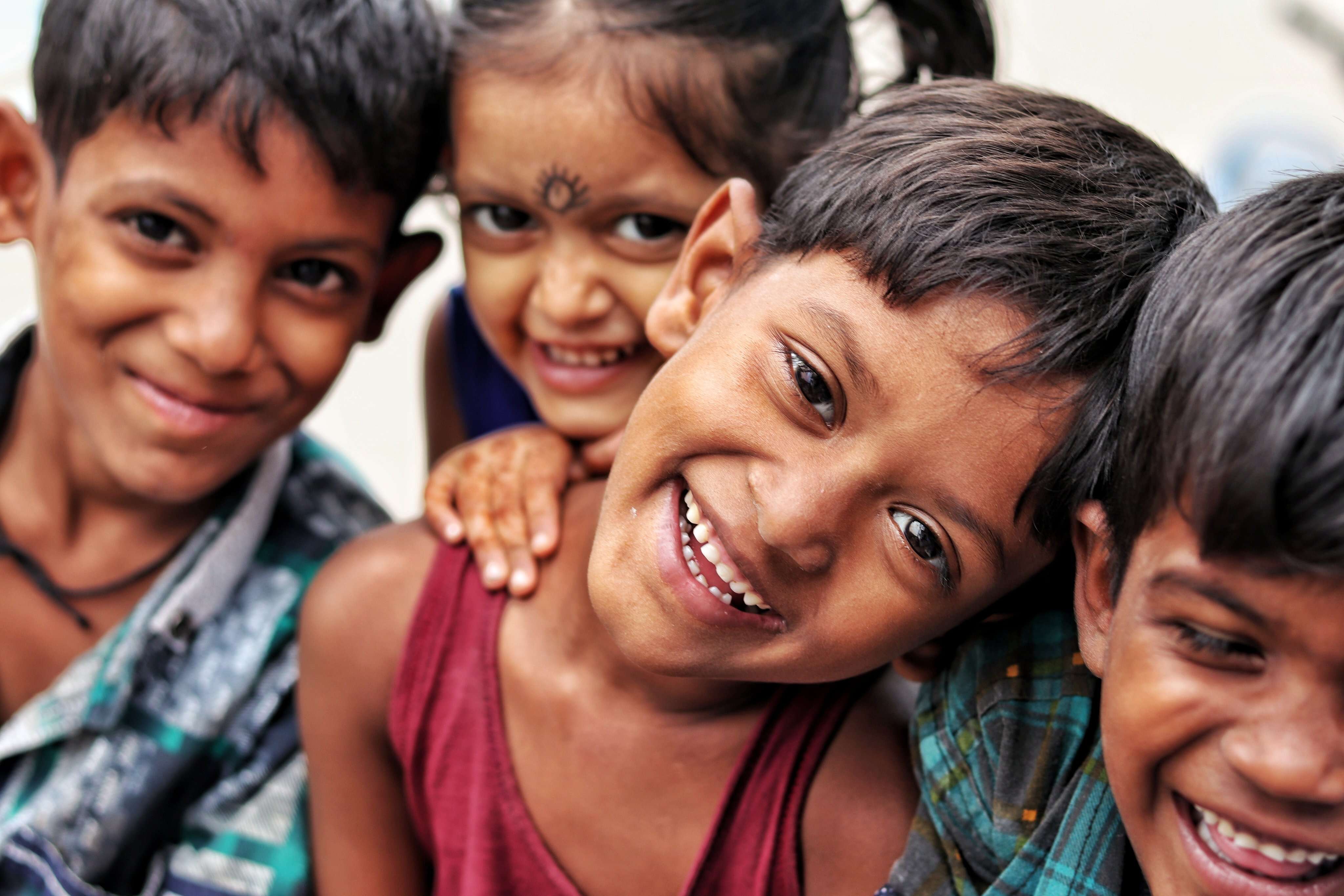Handle with caution

A recent report by The Hindu highlighted a few inconsistencies arising out of the implementation of Juvenile Justice (Care and Protection of Children) Amendment Act, 2021 — passed in July last year. The new rules, formed subsequent to the passage of the Bill, direct for transfer of adoption petitions from courts to District Magistrates. The new rules were framed with the objective of preventing the court-related delay in adoption cases. On the contrary, however, these rules are not only resulting in further delays but also appear to hold a mechanical view of bridging the gap between adoption demand and actual materialisation. As per a report — 'Review of Guardianship and Adoption Laws' — presented by the Parliamentary Standing Committee on Personnel, Public Grievances and Law and Justice, India had at least 27,939 prospective parents registered with the Central Adoption Resource Authority (CARA) as of December 2021. The respective figure in 2017 was around 18,000. At the same time, the number of adoptable orphaned children in Childcare institutions (CCIs) stood comparatively low at 6,996 — of which merely 2,430 were declared legally free for adoption by Child Welfare Committees. Overall, there are three crore orphaned children in India. As stressed earlier, this wide chasm should not serve as pretext for hasty decisions that can have negative repercussions. Understandably, DMs are busy professionals in themselves. Adding a delicate task of facilitating adoption in their domain of duty might be an injustice to both adoption seekers and DMs, as also to the children. Since DMs, unlike courts, perform more or less in individual capacity, chances of corruption and bribery cannot be ruled out. This could potentially create a new grey area that will add another layer of problem, rather than providing any solutions. This is nowhere to suggest that the adoption process should be allowed to remain slow in wake of larger apprehensions. The Supreme Court, hearing a petition filed by an NGO, stressed for streamlining of child adoption process In India. The apex court had noted that the "Central Adoption Resource Authority (CARA) has an annual capacity of 2,000 adoptions which has now increased to 4,000…There is an urgent need for the process to be streamlined." Furthermore, over the past decade, the number of adopted children in the country has only decreased — from 5,693 in 2010 to 3,142 in 2020-21. The court had also noted that there is usually a three-to-four years of waiting period to adopt a child, leaving lakhs of orphan children waiting in the process. The court's concern is very legitimate that the "tedious" process needs to be simplified. However, the simplification will be as important as the course opted for ensuring it. There are certain concerns that cannot be missed out in the streamlining process. In most of the cases, with the child being inexpressive or inarticulate in his / her opinion, it becomes the responsibility of the system and the adopter to figure in the subtle choices and feelings of the child to be adopted. For this to happen, there is a need for regulations and legislations that are centered around and sensitive to children. The second and more pressing concern is related to the thriving malpractices of child labour, child trafficking and child abuse. Simplification of rules may also allow these illegal crimes to flourish, which will be devastating by all accounts. It perhaps requires a dedicated effort from the best of brains in policymaking to ensure that the process is streamlined without grave risks. The new Juvenile Justice rules, in the first place, fail to meet the objective of speeding up the process. Secondly, they may lead to more chaos. For the time being, courts should be allowed to proceed with applications they have already received. At the same time, the new rules should be made to pass through a critical scrutiny. Adoption, being related to the life and rights of children, is a delicate issue and must be handled with utmost caution. Efforts at speeding the process should not endanger the rights and safety of children in remotest imagination.



